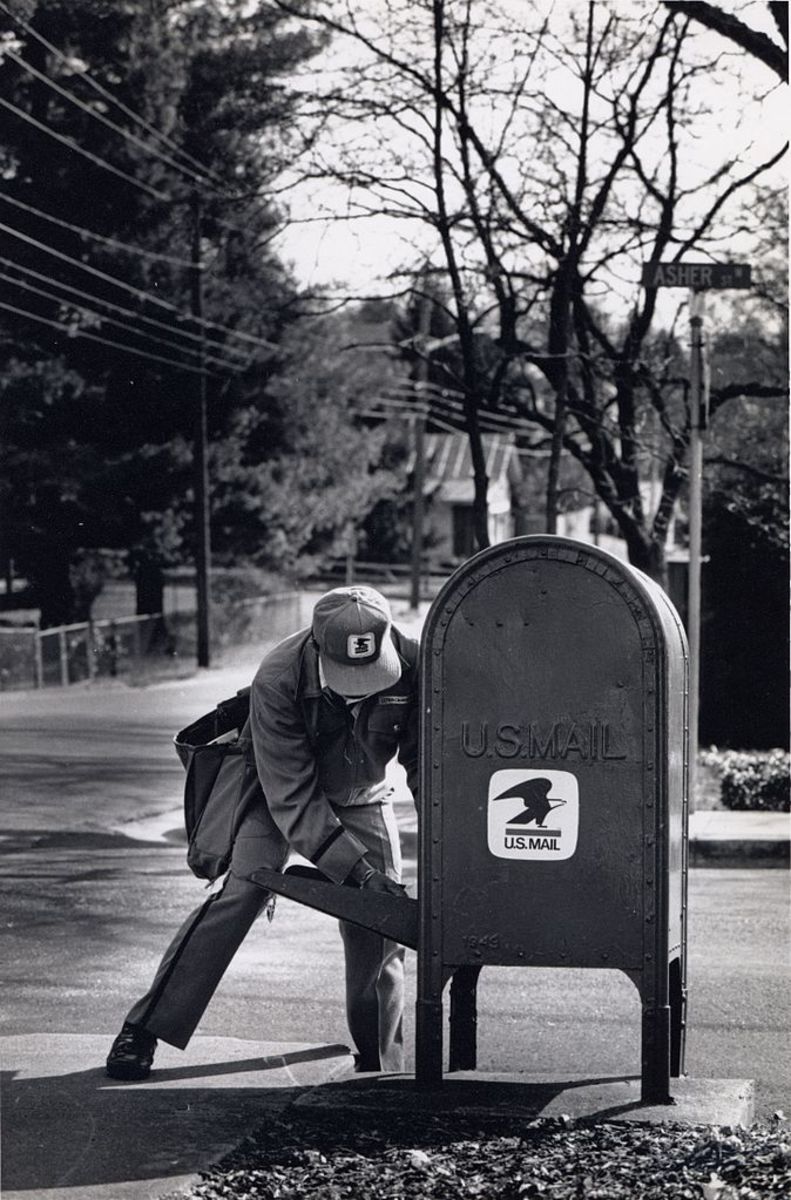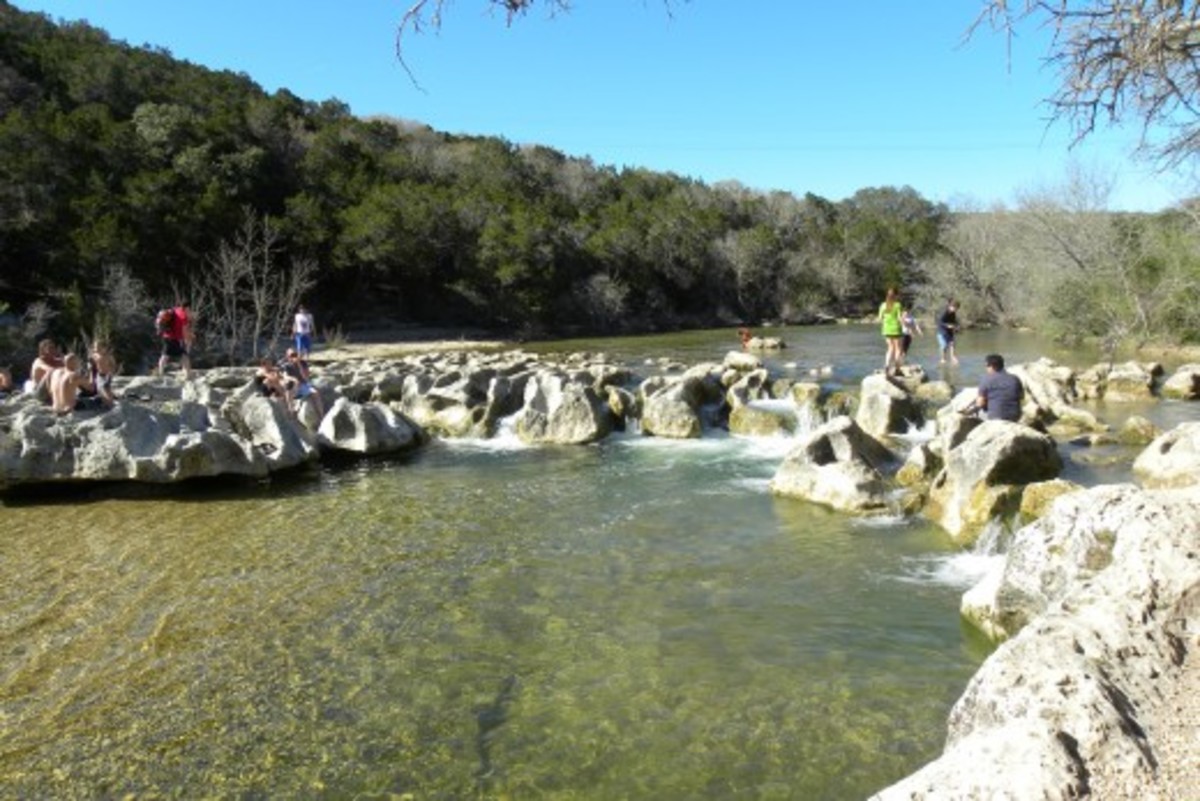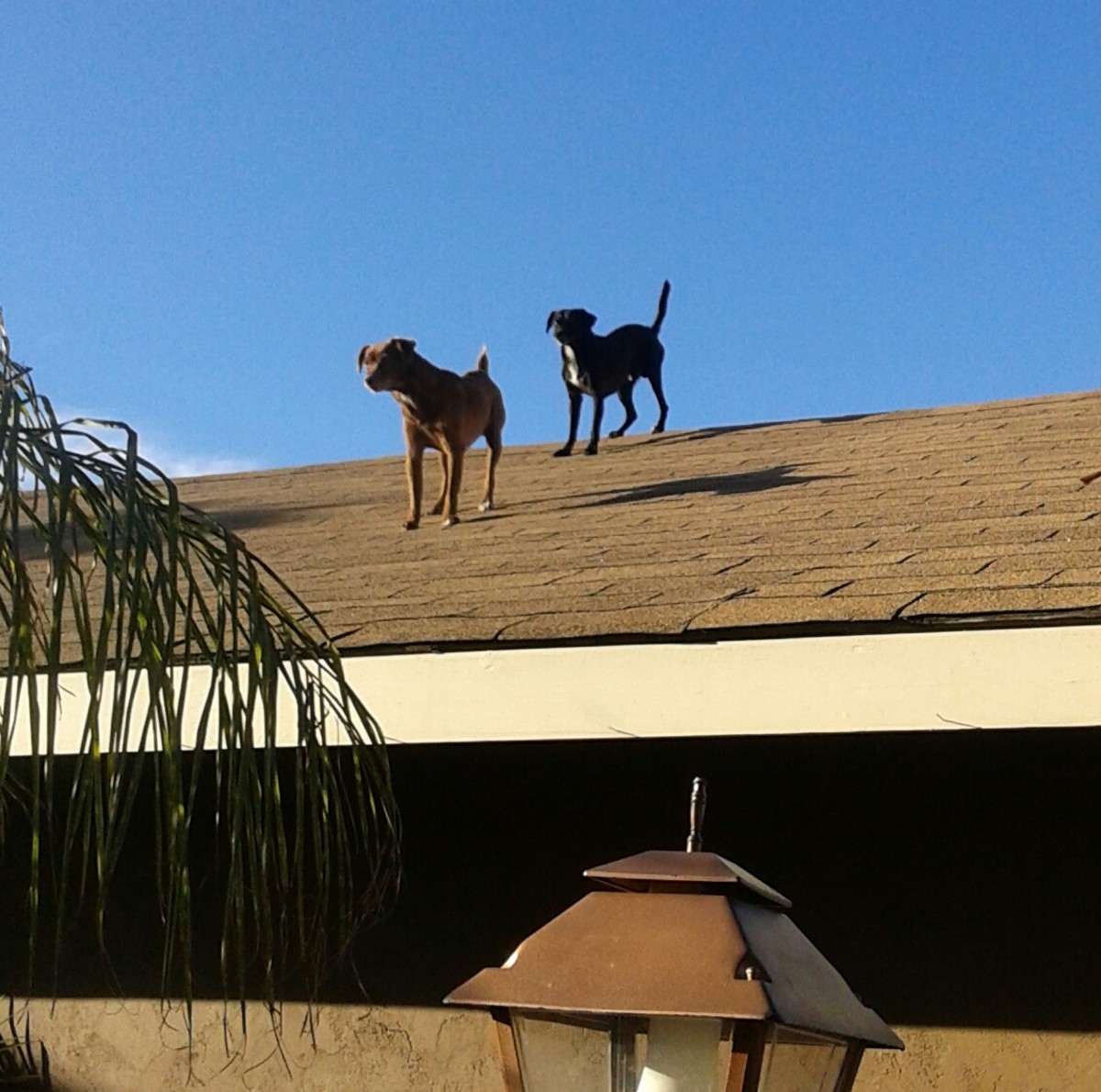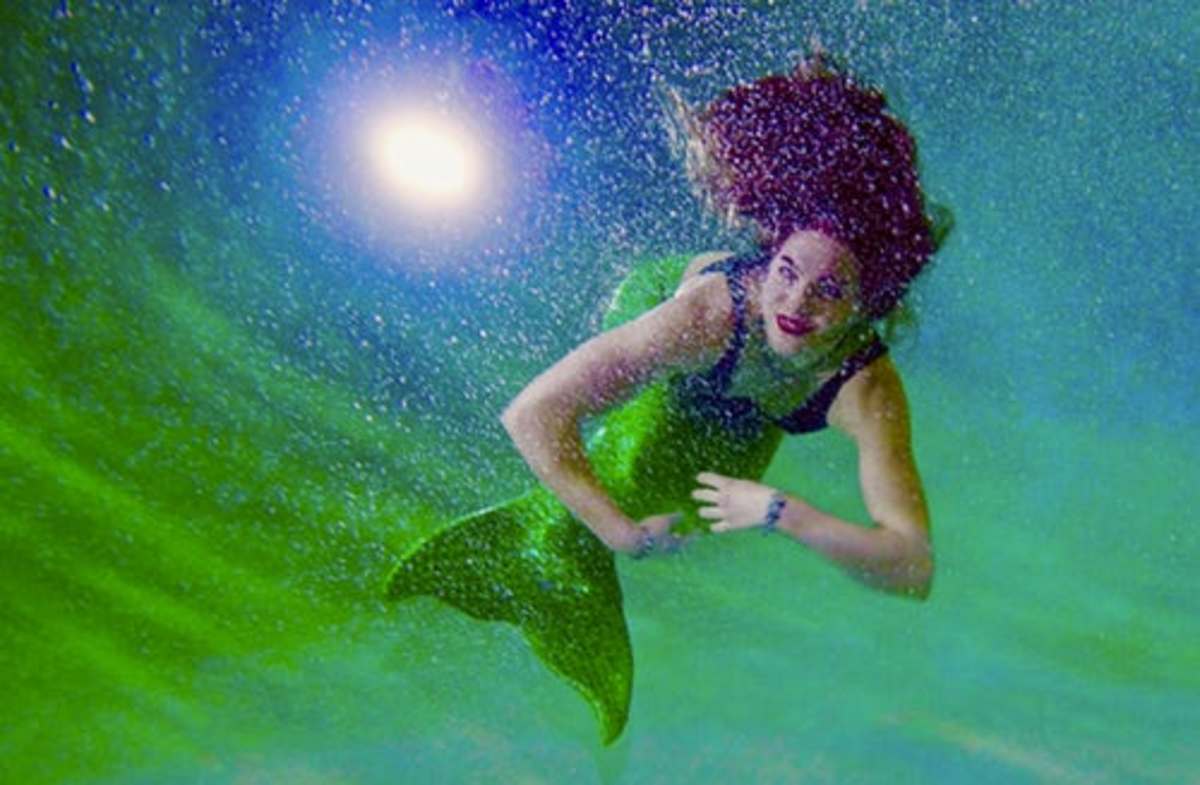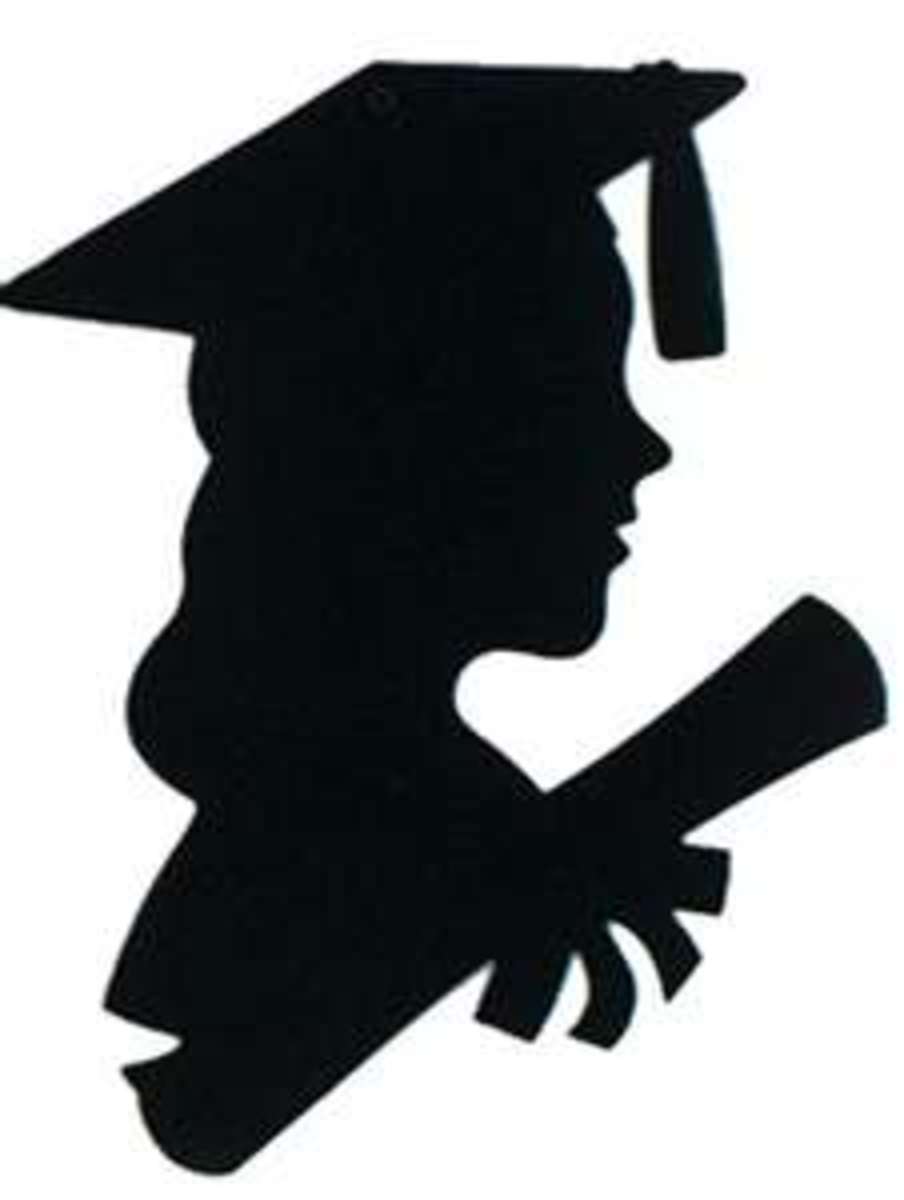Legwork: Section of a Long Poem About Greenbelt, Maryland
The escalator shaft at the Bethesda Metro station
rose almost bolt upright for a dizzying height like
the one that bore me down to the platform
at Dupont Circle. Both times I relied on
the old saw of staring straight ahead
to prevent slipping off of the solid and tumbling
unanchored through space as in too many dreams.
Above ground, the station crouched in the
overhang of an office building, open only
forward like a baseball dugout. Todd’s directions proved on target:
the station’s bay poured into Old Georgetown Road,
I turned right and walked to the first traffic light,
turned right again and followed Wisconsin Avenue
beside towers of concrete white and smooth as cream
whose plate-glass windows glinted, and arced
leftward up the foot of a hill
on the next crossing street to the address Todd gave.
In the heart of Bethesda
“This is the closest Washington has
to a real city,” Todd had sniped while spinning his car
late that morning around Dupont Circle’s
sleeping nightclubs and restaurants; he found a place to park,
and we trotted by boutiques and designer eyeglass stores.
A block from the Metro, the man Todd would shadow
the rest of the day stood from his sidewalk seat,
a bicycle lying on its side in front of him,
and called Todd’s name. “Alec Armbrister,”
Todd introduced, “this is Robert Levine—
he’ll be hanging out in the office,
getting a feel for the atmosphere.”
“Awesome to meet you Rob!” Alec rasped
as he lifted a palm inviting a high-five
I returned instantly. Strawberry-blond hair abounded
from under his bandana, and his T-shirt of Pollock’s whimsical swirls
and black Spandex breeches clung to taut muscles:
Axl Rose a bohemian jock.
I left them to their urban odyssey, and continued
alone into the subway’s open mouth.
Dupont Circle and Environs
I had pounced on the chance to help
Todd with a story on bicycle couriers
after telling him I needed a summer job,
devoting whole mornings at the dinner table
to distilling a ream of photocopied articles onto
index cards classified in piles: nuts and bolts,
supporting detail, background color, odds and ends
(those squirrely points we want to fit in
but won’t know where until we start writing).
The couriers allured me, my company when
I shut myself inside to work—
hated and maybe envied by drivers
crawling through the clogged streets of Foggy Bottom
or L’Enfant Plaza for weaving among them at
mercurial speed and playing chicken at intersections.
In Reagan’s time, the Justice Department
banished one messenger from its building
for wearing a shirt reading “Meese Is A Pig”;
another recently flew twenty feet in the air
when his bike struck an opening curbside
car door, and hobbled that day out of the hospital
since, a contractor, he worked uninsured.
When Todd said he wanted me to visit
a courier firm’s Bethesda headquarters,
though, I blanched at venturing fifteen miles
from Greenbelt unguided to somewhere
I had never been. “You’re going to have to do this
if you want to be a journalist,” Todd admonished.
I agreed, consigned to unease in thrusting myself
into strange domains as the cost of pride
in molding what I find into printed prose.
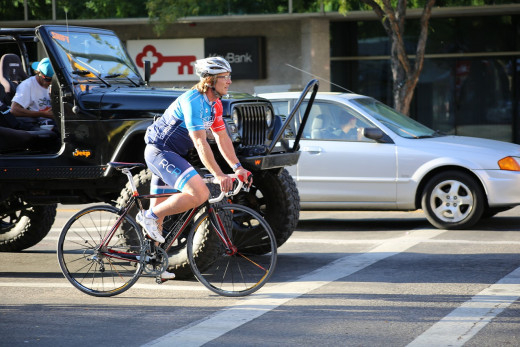
“You must be Robert! Come in, have a seat,”
Mark the owner welcomed when I arrived
through the office’s tied-wide entrance
toting notepad and pen. He sat at the near end
of a row of workstations with Dave
his English-accented assistant and two or three others
dispatching deliveries over radios,
to whom he joshed, “Robert’ll make us famous.”
“Hundredman?” Dave probed into the bandwidth,
provoking in a familiar croak, “Ten-four.”
“Hey, Alec.” “How you doin’, Rob buddy?”
“I got a run burning up all over the desk,”
Mark hollered: “Pick up at the National Archives
and beeline it to Bob Woodward”—before
he could rattle off the address
the incredulous messenger interjected,
“Bob Woodward, the author?” “Author,
husband, father, citizen, taxpayer …”
I jotted dialogue like this all afternoon,
asking for translation at times, usually
grasping their vernacular through hearing it repeated.
Late in the day, a friend of Mark’s
stopped in and, nodding to me, wisecracked,
“Who’s this, your son?” “Yes, Dan,”
the owner deadpanned, “this is my son.”
I poker-faced. The friend’s smile froze. “What,
are you bullshitting me?” Mark laughed,
“Well, there’s me and there’s the assistant,
but once in a while it gets so berserk
we need an assistant to the assistant.”
I loved the odd blend of belonging and independence
in learning my way into this world only
to illustrate it to mine; I almost convinced myself,
when the article was finished and Todd
paid me thirty dollars for days of effort,
that what I achieved there recompensed me enough.

